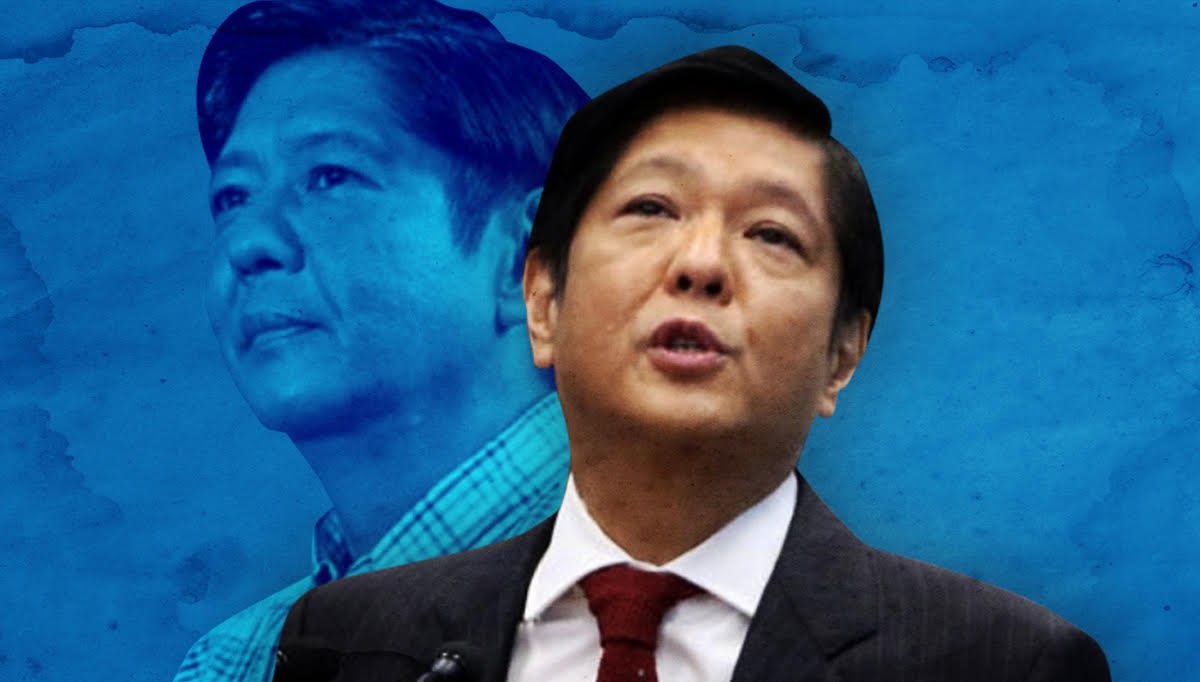MANILA, Philippines—President Ferdinand Marcos Jr.’s economic team has revived the push to “rightsize” the bureaucracy to get rid of redundant, ineffective, and inefficient government bodies.
Finance Secretary Benjamin Diokno on Friday (July 8) said the plan was to give the President authority within one year to rightsize the government. But abolishing government agencies would require Congress action which would make it longer to rightsize through that method, Diokno said.
While officials declined to say which government bodies may get the ax, Diokno said that when he was budget chief of Rodrigo Duterte in 2017, one of the agencies proposed for abolition to trim government fat was the Presidential Commission on Good Government (PCGG) and transfer its remaining functions to the Department of Justice (DOJ). The PCGG was created to recover and dispose of ill-gotten wealth of the late dictator Ferdinand Marcos, his family and cronies.
Budget Secretary Amenah Pangandaman had conceded that the goal to rightsize was “very unpopular” among legislators. Pangandaman, as budget official of the Duterte administration, had backed the proposed Rightsizing the National Government Act of 2017.
“But with the instructions of the President to also look at [agencies’] existing structures, I think it’s wise to refile the bill,” Pangandaman said.
The budget chief said she would endorse the filing of the rightsizing bill in the 19th Congress because it would be among the Marcos’ priorities.
Diokno noted that the President himself already started rightsizing through Executive Order (EO) No. 2, which renamed the Presidential Communications Operations Office (PCOO) as the Office of Press Secretary (OPS) as well as abolished the Office of the Presidential Spokesperson.
While the Marcos administration wanted to pursue rightsizing, it would never implement austerity measures, Diokno said, despite the limited fiscal space, ballooning debts, and yawning budget deficit wrought by the prolonged COVID-19 pandemic.
Diokno noted that in the past, the Washington-based multilateral lender International Monetary Fund (IMF) usually prescribed belt-tightening in times of crisis.
“But it’s a bad advice. At this time, we’re not tightening our belts — I think we should continue to push for growth [through spending],” the finance chief said.
“I don’t think [austerity] will be our vocabulary. Rightsizing is fine,” he said.
Besides slapping new or higher taxes, the fiscal consolidation and resource mobilization plan left behind by the Duterte administration also proposed budget cuts on non-priority sectors.
But Diokno had said the government needed to roll out more public infrastructure by continuing the ambitious “Build, Build, Build” program while investing in human resources.
